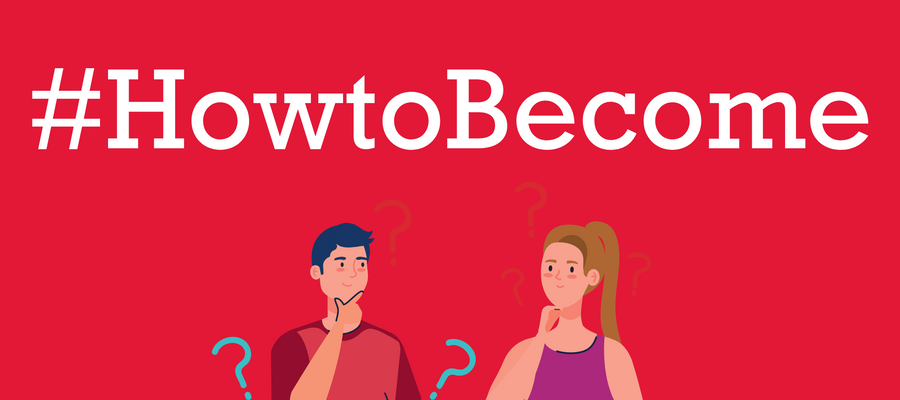Deciding on a career path can be difficult at the best of times, with so many opportunities on the table, being sure which direction to take can often be stressful and not always clear.
Combinations of sector, industry and job role are almost endless, so once you've made your choice, how do you know it is the right one, how do you understand what a role truly entails and how do you map your progress to journey's end.
The 'how to become...' series explores a number of successful journey's and provide insights to aid your career decision-making. To do this we have interviewed successful business leaders, employees and employers to find out how they got to where they are today, giving insight into a range of different job roles, offering first-hand advice on how to improve your potential and employability.
Gary Oxley - Finance Graduate to Head of Finance
How did you decide that this career was for you?
Whilst at university, I attended a lot of the Milkround careers fairs and the accountancy firms were the ones that appealed the most to me. Having a Maths background, it seemed like a natural choice and once I started studying CIMA, I knew I had made the right decision, as found the course really interesting. The graduate scheme at Pharmacia (not part of Pfizer) was well organised and gave me a variety of experience whilst I studied too, so knew it was the career for me.
What is the best thing about your role?
I love the variety in my current role; finance historically kept itself to itself, but in modern business, it touches on every department. So I could be supporting the sales team one minute and then working with the IT team the next. There's not two days the same and it feels like I'm constant learning new things about the company and the industry.
During your development, what skills would you say are essential for your role?
Communication is the big one for me; you need to be able to get your message across to a variety of different people from the person on the front desk through to the Board. Finance isn't everyone's first language, so being able to explain complicated ideas simply is essential. Being organised is also very important, as there are lot of conflicting priorities - there are questions coming from every direction, so keeping track of where you are is needed, otherwise tasks may get forgotten about.
What advice would you give to someone looking to develop these skills?
I think the best advice I could give here would be to never be afraid to get involved - volunteer for projects, ask questions, put forward ideas. The more you can communicate, the better understanding you get of what works, what doesn't. Plus you get a much broader view of the company you are in and higher profile, so hopefully, further opportunities to learn more will arise.
What are the biggest challenges you've faced during your development?
I think the biggest challenge has been find the right roles. I have taken a couple of roles based on short interviews and didn't ask enough about the role or the department or the development opportunities. Then 6-months later it is clear that the roles isn't right for the long term.
How have you overcome these challenges?
I think as time has gone on, I've asked a lot more questions in the interviews and found out a lot more about a company before signing the contract. You spend a lot of time at work, so picking the right role is very important. If you make too many dud moves, then your CV puts off future employers.
Give one piece of advice for a potential candidate joining your business
Don't be afraid to ask a question. We have a lot of people who know their roles very well - they'll assume you understand everything you've been told - so let us know if you don't. It's much better to ask early on rather than sitting in quietly in ignorance; there's no such thing as a stupid question. Hoping you'll pick it up later on or can wing it, will rarely turn out well and it could well be that the person training you is going too fast and will see questions a flag that they are not getting the message across well.


